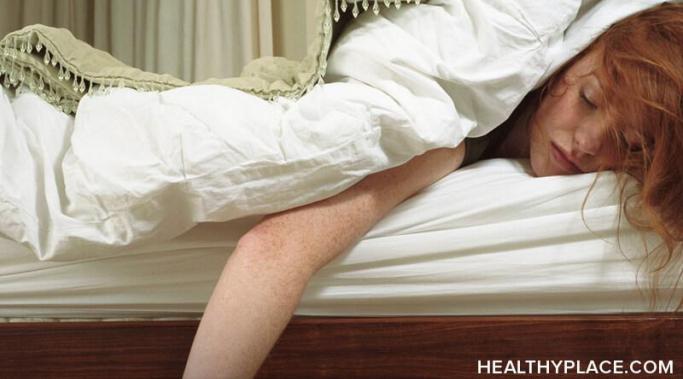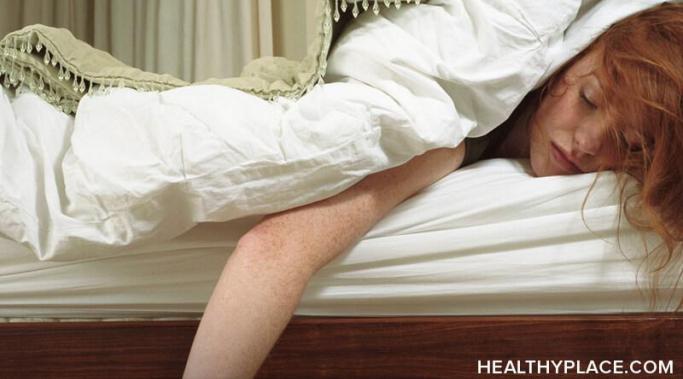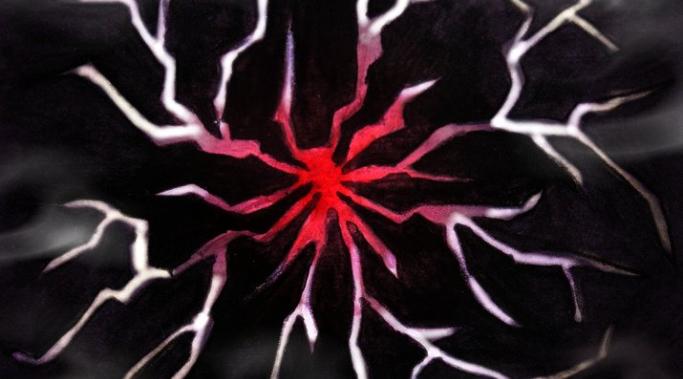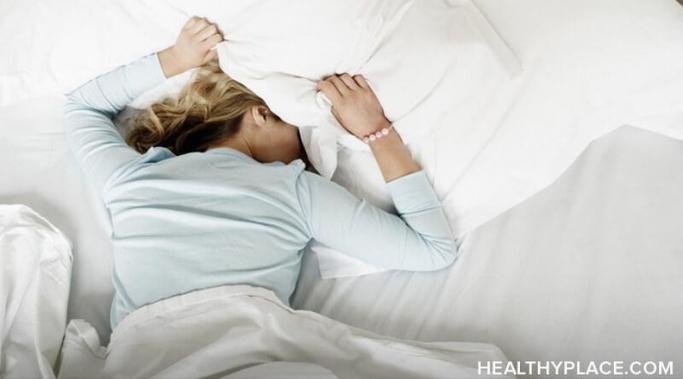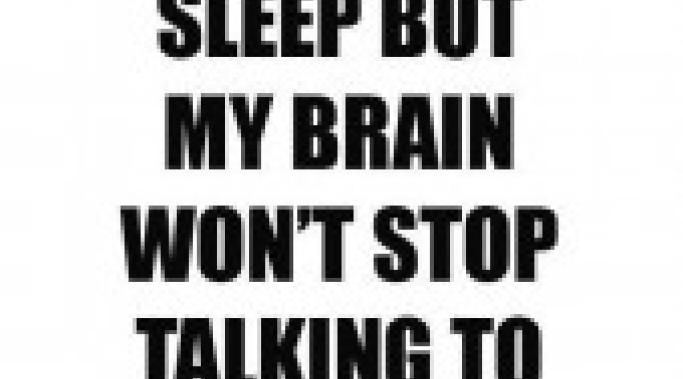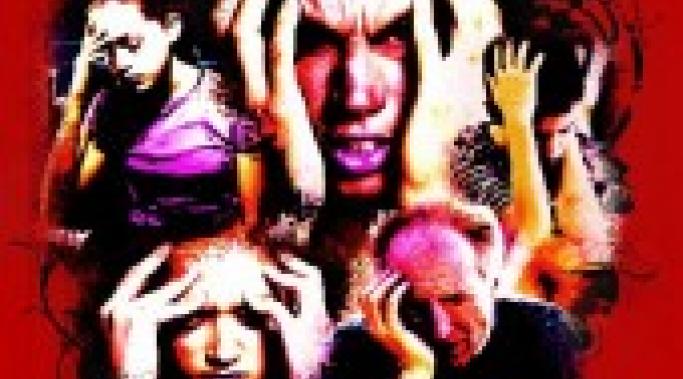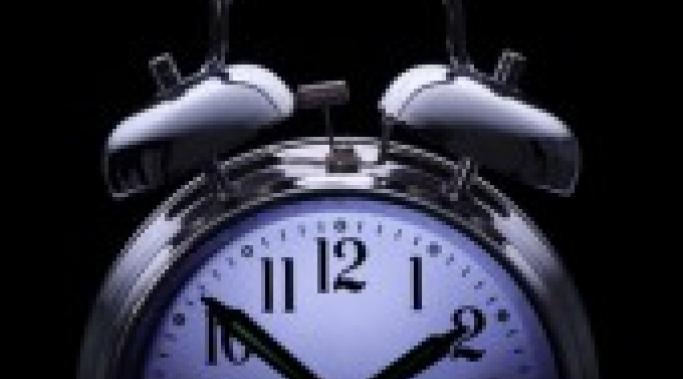Healthy sleep in recovery from mental illness is absolutely vital, but do you know when you're using sleep as a coping mechanism and when you're using it as avoidance? It can be a very fine line, but in this post and video, I talk about some of the good signs and red flags when it comes to healthy sleep in recovery from mental illness.
Sleep Problems - Recovering from Mental Illness
I've struggled a lot with getting a good night's sleep. Almost every night I laid awake with my racing, anxious thoughts. I was exhausted physically, but couldn't quiet my mind. Once I finally fell asleep it wasn't for long. I would get up several times throughout the night. Some days I couldn't keep my eyes open at work. I would find a way to take a nap if at all possible. My situation felt desperate so I have been on a quest the past several months to discover ways to get a good night's sleep.
Mala beads may not help everyone, and, for me, dealing with my mental illness means medications come first. However, being open to learning additional methods to improve your life and functioning is also important. When you discover new and healthy ways to cope, go with it. Everyone is different, so use what works for you. I recently saw a post on Facebook about mala beads. I was intrigued and bought a necklace. I was excited when they arrived, and even though meditation had been difficult for me in the past, I was definitely willing to give it a try with my new mala beads.
One of the worst things about having a mental disorder is the symptoms the mental disorder causes. These symptoms are the cause of much suffering for those of us who have received a mental health diagnosis. We face our symptoms every day, sometimes every minute of the day. They can cause us to see the world and the circumstances of life very differently than people who aren’t mentally ill.
Because we sometimes perceive things this way, we occasionally come into conflict with people. It’s often family who don’t comprehend our behavior, especially since they see us at our worst. Misconceptions can, and do, happen, frequently, on both sides. Of course, it’s not only we who misperceive. Misperceptions can lead to stereotyping, part of mental health stigma. Let’s look at some examples of these stereotypes.
PTSD triggers. For those of us with a mental health diagnosis (diagnoses), the definition of a trigger is far more than a level with a catch or means of releasing it. Triggers are a response to stimuli and a result of past trauma. PTSD triggers can include certain odors, a particular tone of voice, certain objects, places and so much more. The brain creates a physiological response: increased heart rate and respiration, sweating, a need to escape, a need for silence, sleeplessness, hyper vigilance and so much more. Responses to triggers are unique to each individual. No cookie cutter responses here!
I came up with this topic when I was in a state of serious depression--less than a month ago. I was certain I would never become well. Those of you who live with a mental illness understand this on a very deep and personal level.
While I was glued to the couch I started thinking about how much time I spend exhausted--some days less and some more. Mental exhaustion and physical (or both) can define a large part of our lives.
Without further explanation (coffee in hand) let's explore this topic.
WARNING: A decent amount of sarcasm within this post. But it's relevant, I promise you, sort of---I do.
Oh...This is hard. I don't think I have ever slept this much in a very long time. I can sleep 20 hours a day. I can drag my ass out of bed to complete important articles, walk the dog and feed the cats and...fall back into bed. And by accident! I just cannot stay awake. My bed and I have become best friends. The books on my night-table keep me company and I try to eat. My life, pretty good just a month ago, has bloody well crumbled and I cannot even find the pieces to put it back together.
Mental illness is often connected to anxiety and its best bud insomnia. Often, it is believed to be a concurrent illness--connected to the primary diagnosis-- bipolar disorder for example. In my life it is hard to separate anxiety from insomnia. They invade my life together. Sometimes they hang around for a night or two and leave me in peace, and sometimes they signal something bigger. Relapse.
An Example of Insomnia and Anxiety...
In my last post The Experience of Depression: The Flip-Side of Mania I focused on both depression and, you guessed it, mania. I have a secret: I'm not feeling so great. I am clinically depressed.
